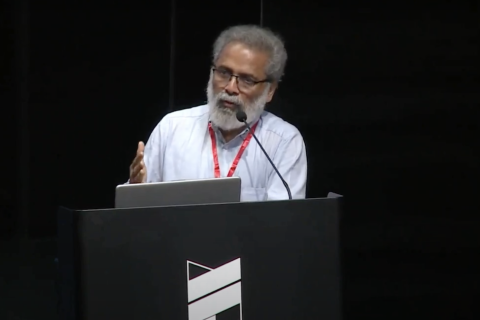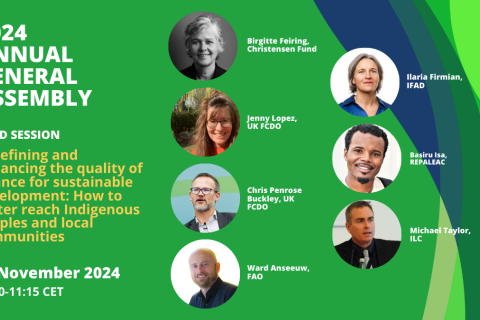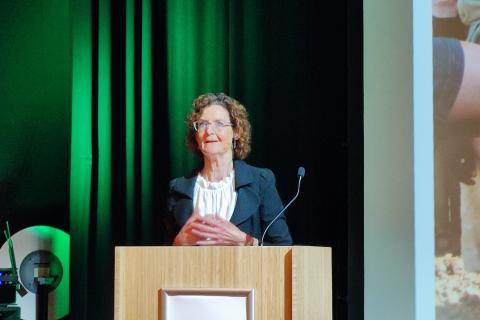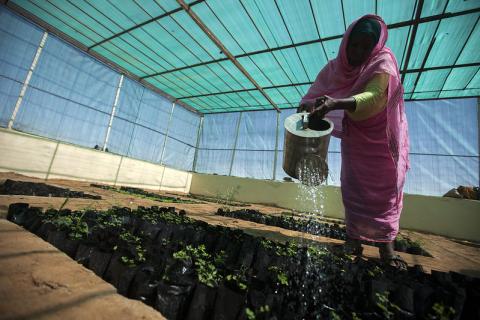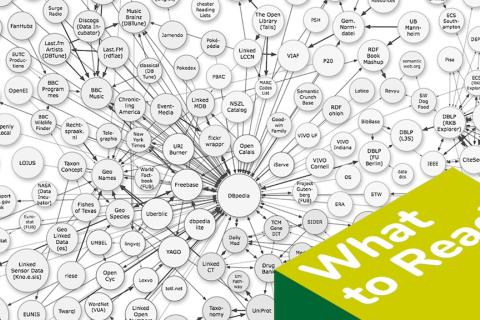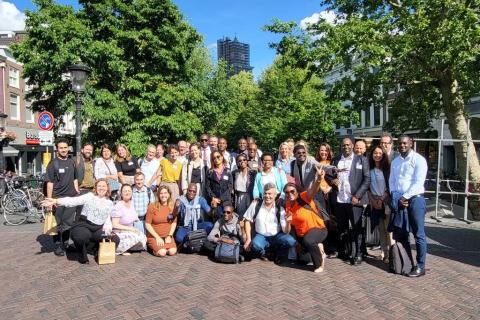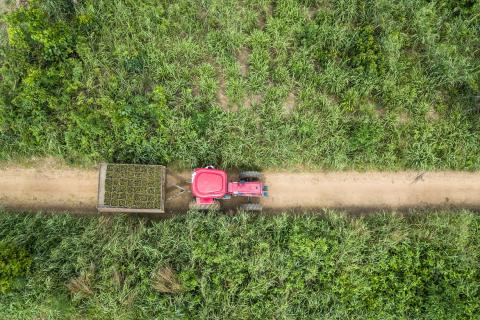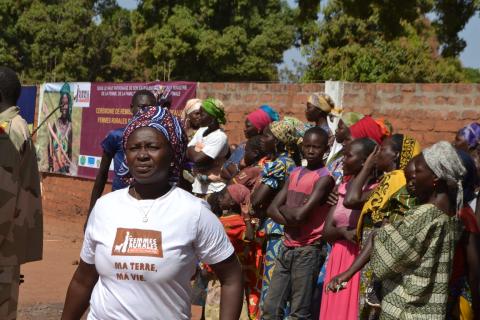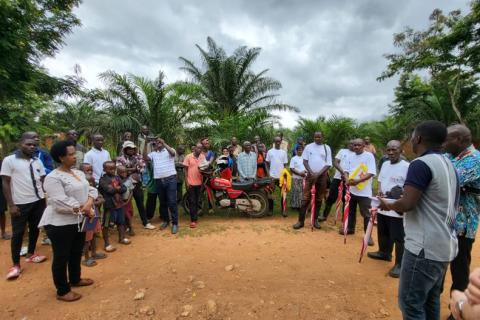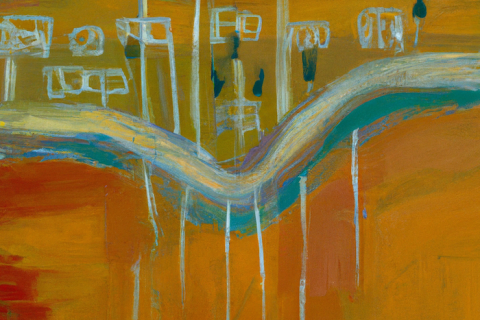Transforming finance for sustainable development: Rethinking Official Development Assistance for Indigenous Peoples and Local Communities
On November 27, 2024, the Global Donor Working Group on Land convened a pivotal session as part of the Global Donor Platform for Rural Development Annual General Assembly (AGA). Under the theme “Redefining and Enhancing the Quality of Finance for Sustainable Development,” the event focused on optimizing Official Development Assistance (ODA) to address the needs and rights of Indigenous Peoples and Local Communities (IPLCs). The session spotlighted practical approaches to improving the inclusivity, efficiency, and impact of development finance amidst intensifying global crises.
Inclusive Land Governance and Secure Land Tenure Rights
Keynote Speech by Frances Cleaver at the IoS Fair Transitions - LANDac Conference & Summit
I would like to make an argument that in aiming to deepen social justice in green transformations, we should pay renewed attention to the institutions of collective action at a very local level. I'm talking about peasant associations, irrigation groups, women's groups, indigenous people’s groups, producer associations, the local committees that manage land, water, forests.
Incorporating Climate Considerations Into Investment Assessment Processes: Guidance for National and Local Governments
Climate change poses an existential threat to ecosystems, with potentially far-reaching impacts on agriculture, forestry, wind and solar energy, and other land-based investments. These investments can also further exacerbate detrimental climate change impacts if they are not sustainably implemented.
Open land data for what? Reflections on sustainability and power
A selection and review of readings that shed light on the role that open land data can play in equitable and sustainable development, and social justice.
Looking back at the LAND-at-scale Exchange 2023: Scaling as the way Forward
The second LAND-at-scale (LAS) exchange took place from June 26th to June 28th, 2023. Sixty partners came together in Utrecht, the Netherlands to exchange lessons learned and explore common challenges. As of 2023, ten country projects are currently being implemented under the LAS program, namely Burkina Faso, Burundi, Chad, Colombia, Mali, Mozambique, the Palestinian Territories, Somalia, Rwanda and Uganda. All countries were represented and almost all implementing partners were present at the Exchange.
Scaling readiness: experiences from the CGIAR scaling readiness approach
Challenges with regards to scaling is not unique to the land sector. Working in the context of agriculture for development, CGIAR and Wageningen University developed the Scaling Readiness approach. This approach response to the fact that the pressure to demonstrate fast and visible results and impact at scale, has sometimes resulted in unreasonable and unrealistic expectations, and in fact stimulated simplistic and non-sustainable scaling approaches.
LAND-at-scale Chad: Collective action to bring land to the national political agenda
Chad is at the verge of an emerging land tenure crisis. As observed in many countries in Africa, formal and customary tenure systems overlap. Customary tenure systems, that generally prevail in rural areas, differ from region to region, with each its own needs and practices. Land conflicts are abundant, caused by degradation and transformation of land surfaces caused by climate change, as well as land investments by domestic investors with disputed legitimacy.
LAND-at-scale Burundi: The need for a unified vision for inclusive and sustainable land governance
Burundi has the world’s highest hunger score and around 45 percent of the population is affected by food insecurity. The country copes with increasing scarcity of land as a result of increasing population size, returnees and IDPs and climate change. With the majority of Burundians depending on agriculture for their food and livelihoods, land scarcity makes this reliance on agriculture precarious. This pressure on land causes elevated levels of land disputes with over 55% of all court cases being related to conflicts over land.
Embracing Transformative leadership for women’s land rights for sustainable change
In the past decade, the land rights movement, particularly the women's land rights movement, has significantly made progress in strengthening the recognition of land rights in national, regional and international instruments. Despite the progress, translating these recommendations into legislative provisions and practices in countries has been slow or minimal
From Data Fragmentation to Data Equity: Trends in Land Governance Data
The Land Portal Foundation, as a non-profit organization operating at the intersection of the open data and land governance communities, has been privileged over the past 5-8 years to be in a position to observe some interesting trends affecting the land governance data landscape.

